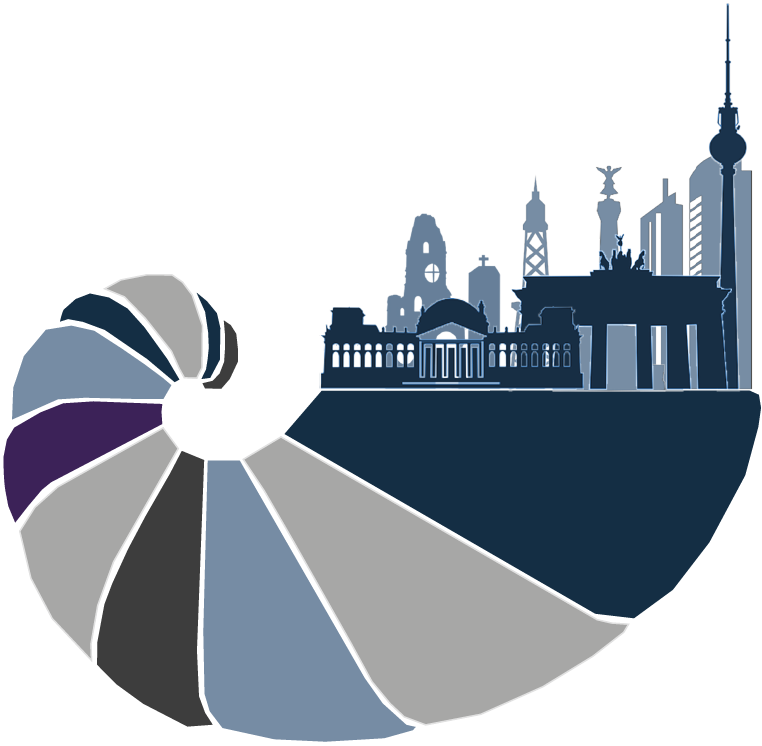Evolutionary genomics and conservation of the Yellow Cardinal (Gubernatrix cristata)
The current gene pool of any species is the product of millions of years of evolutionary history. In the absence of knowledge about future selection pressures, preserving genetic diversity helps safeguard adaptive potential in endangered species. In this talk, I present a long-term study of the endangered Yellow Cardinal (Gubernatrix cristata), a Neotropical songbird threatened by illegal trade, habitat loss, and potentially also by hybridization with the more abundant Diuca Finch (Diuca diuca). We investigated population structure and genetic diversity, developed a SNP panel to trace the origin of confiscated individuals, and assembled the first reference genome which enabled inference of the demographic history. We found genetic evidence of rare, fertile hybrids, suggesting that reproductive barriers are incomplete. Our work illustrates how genomic data can uncover patterns of gene flow, population structure, demographic change, and rare hybridization, all processes that are central to understanding the evolutionary history and conservation needs of the Yellow Cardinal.
Food, Sex and Death: How Diet Shapes Sex-Specific Life-Histories
An individual's diet is a key determinant of its fitness because lifespan, reproduction and immunity all depend critically on nutrition. These effects are not just due to energy, instead both the amount and ratio of specific nutrients matters too. High precision dietary manipulation techniques like the Geometric Framework of Nutrition (GFN) let us examine the relationship between diet and phenotype and identify how diet affects the expression of fitness traits and trade-offs between them. Here, I will use insect models to discuss what the GFN has revealed about the role of diet in constraining life histories, how these effects differ across the sexes and the sex-specific costs of reproduction. Collectively, this will demonstrate how dietary manipulation lets us unravel the complex networks of trade-offs that shape individual life-history strategies.


